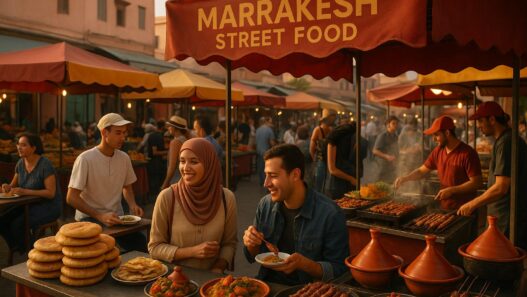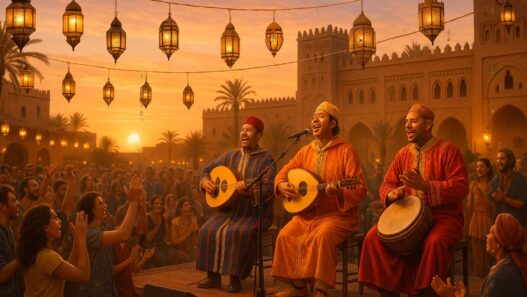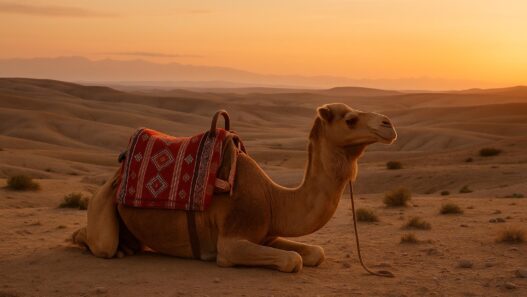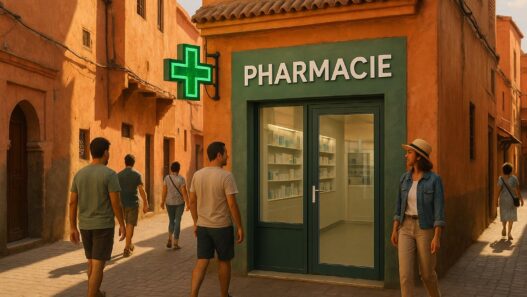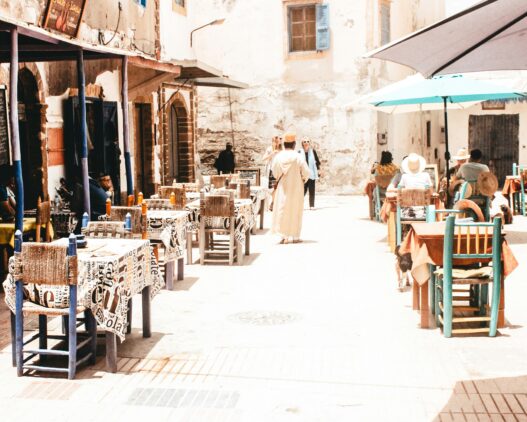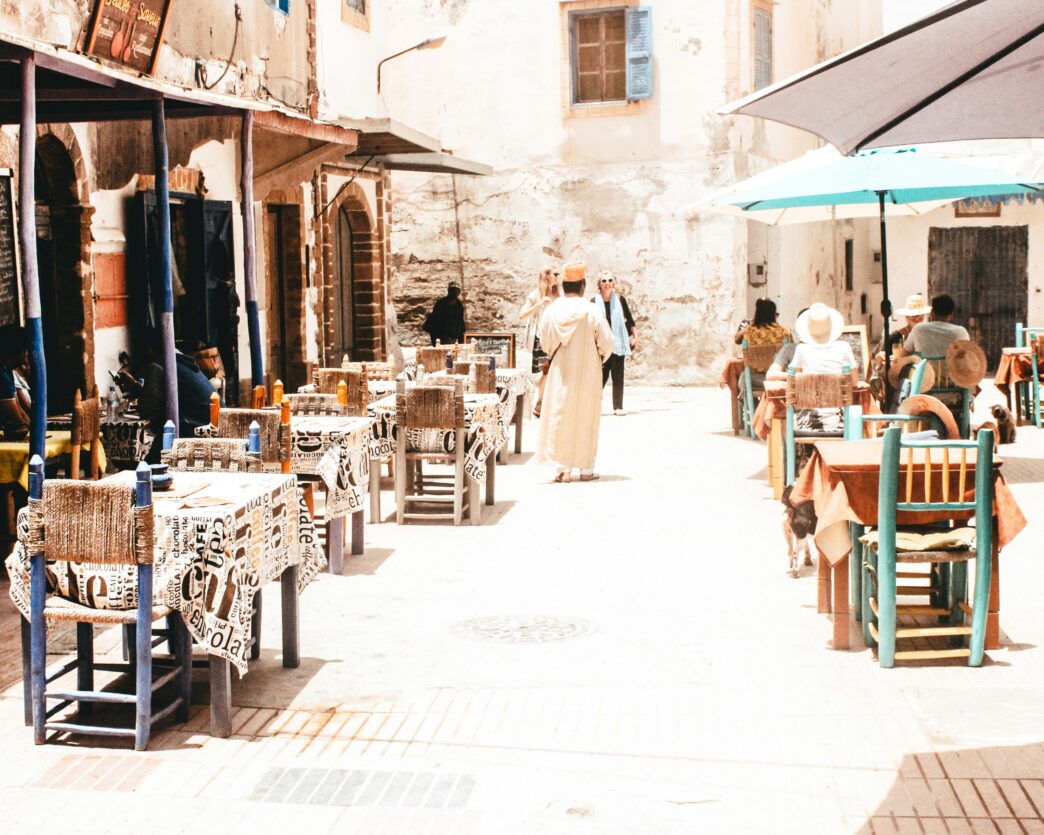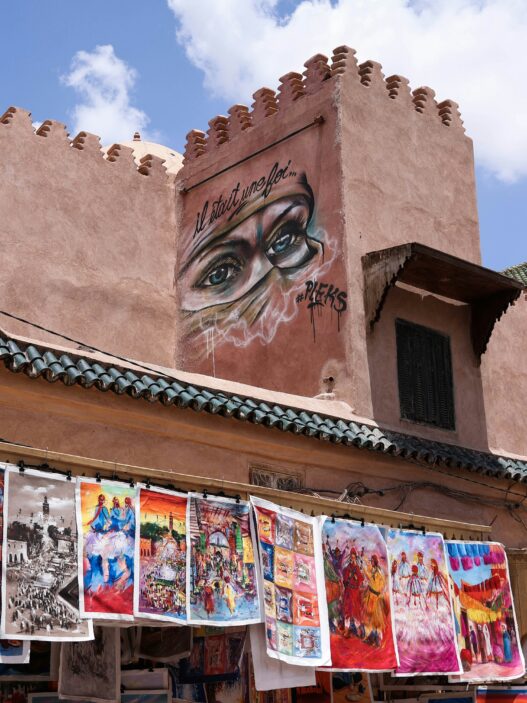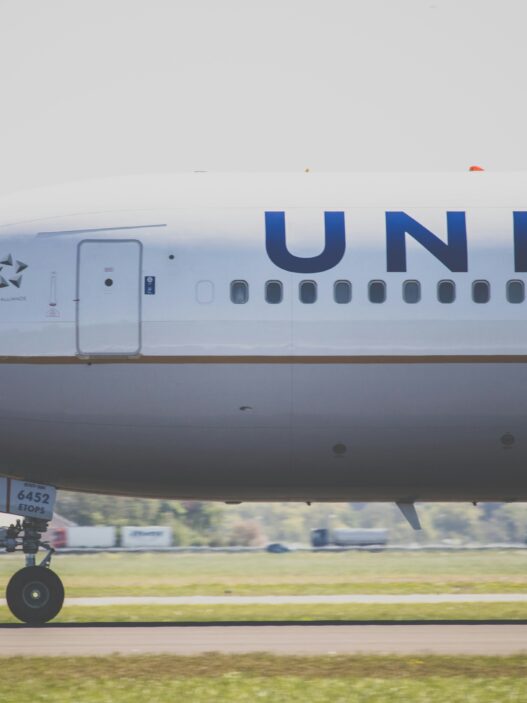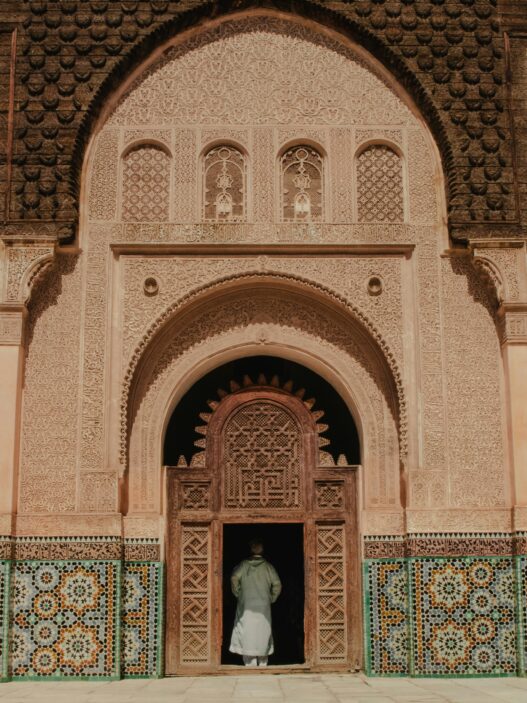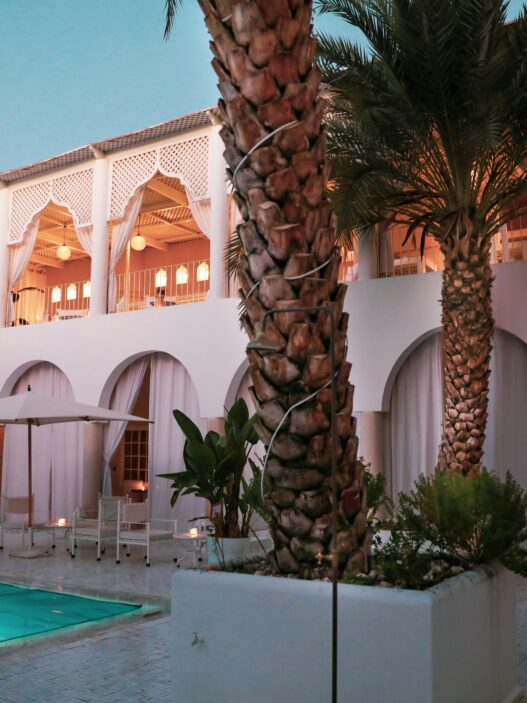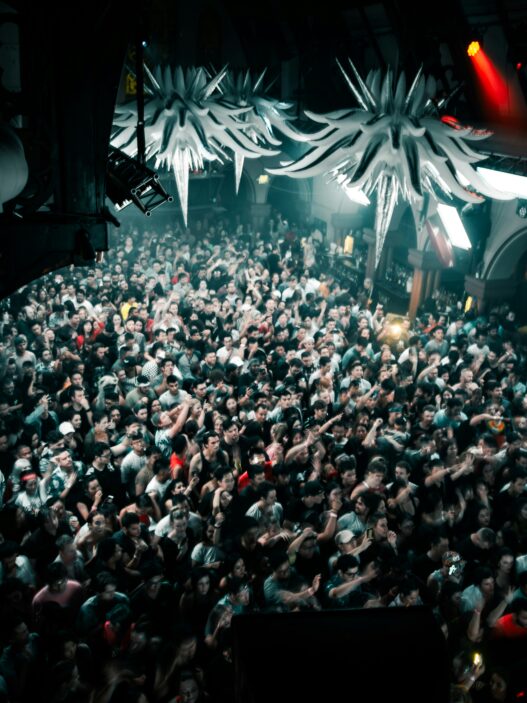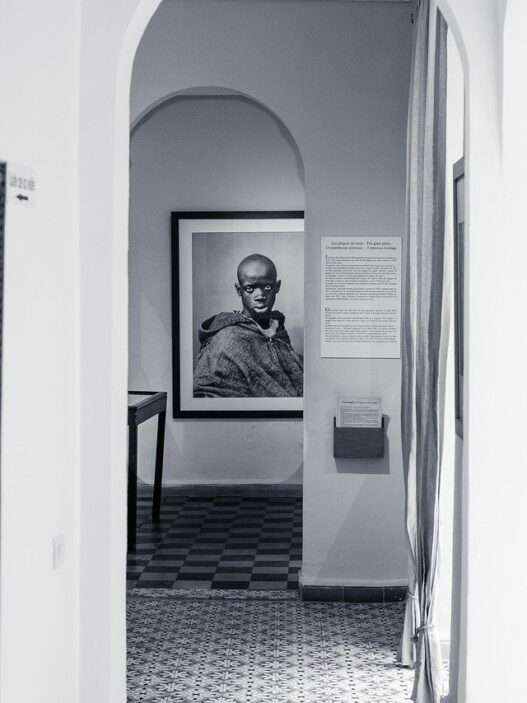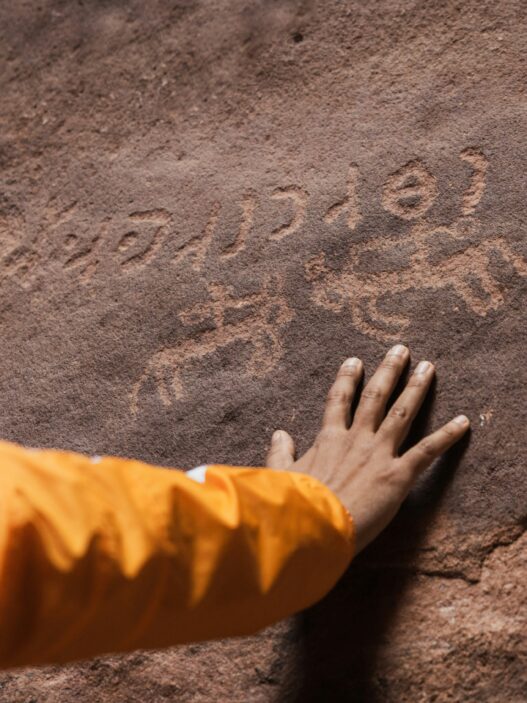The Marrakesh International Film Festival (MIFF) is one of the most prestigious cultural events in the global cinematic calendar. Held annually in the historic and culturally rich city of Marrakesh, Morocco, the festival brings together filmmakers, actors, producers, and cinephiles from around the world to celebrate the art of storytelling through film. This article delves into the highlights, unique aspects, and cultural impact of the 2025 edition of MIFF.
A Platform for Global Storytelling
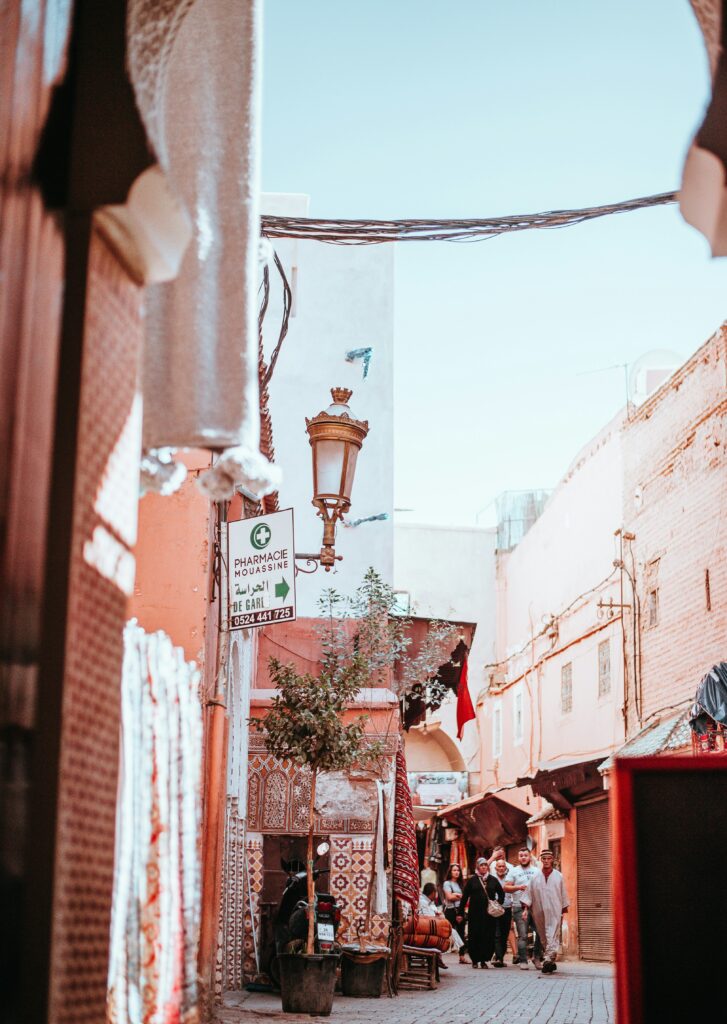
The MIFF stands out as a melting pot of cultural and creative exchange, showcasing films that transcend geographic and linguistic barriers. The festival’s lineup often features an eclectic mix of genres, from gripping dramas and thought-provoking documentaries to avant-garde experimental films. The 2025 edition was no exception, with over 80 films from 35 countries screened across various categories, including the official competition, out-of-competition features, and special screenings [1].
One of the defining aspects of MIFF is its commitment to spotlighting emerging filmmakers. The “New Voices” section is a platform for first- and second-time directors, offering them a stage to share their unique perspectives. This year’s standout debut was from an African filmmaker whose narrative explored the intersection of tradition and modernity in contemporary society.
Star-Studded Opening Night
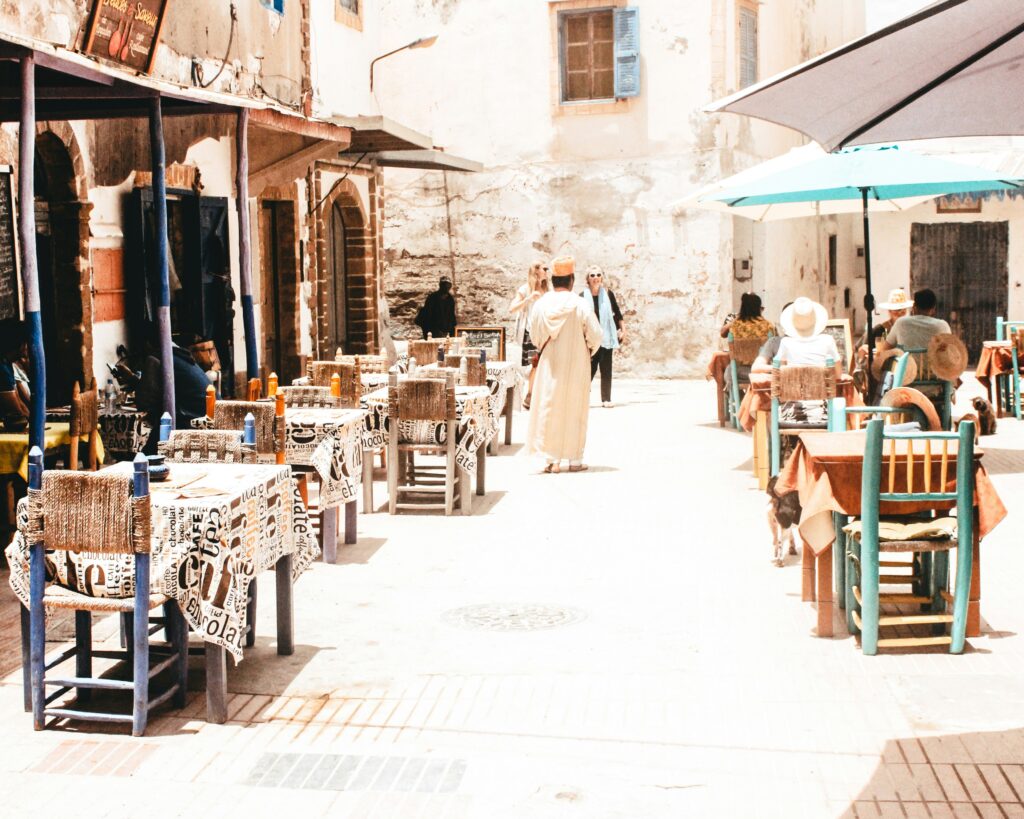
The festival kicked off with an extravagant opening ceremony at the Palais des Congrès, with a red carpet graced by Hollywood A-listers, international directors, and local talent. This year, the jury was chaired by an acclaimed filmmaker known for their groundbreaking work in independent cinema. Their presence added significant weight to the festival’s reputation as a serious platform for cinematic excellence [2].
The opening film was a cinematic masterpiece from the Middle East, capturing the complexities of family dynamics against a backdrop of political unrest. The film received a standing ovation, setting the tone for the week-long celebration of cinema.
Tributes to Legends
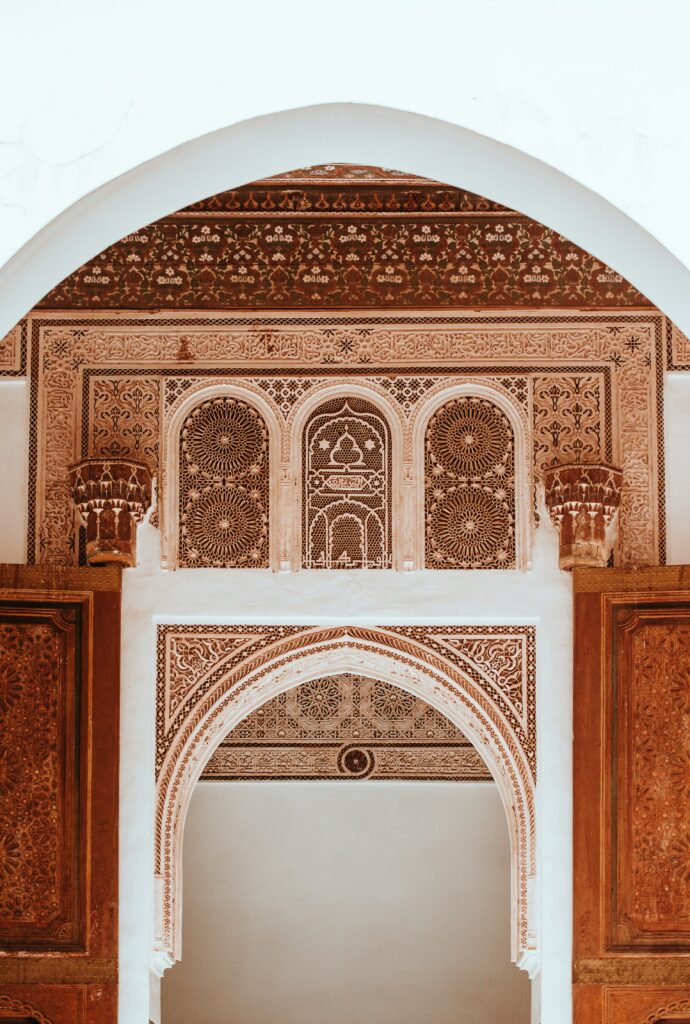
A hallmark of MIFF is its tradition of honoring legendary figures who have significantly contributed to the world of cinema. This year, the festival paid tribute to a renowned Moroccan actor who has spent decades enriching the global film landscape. The tribute ceremony featured a montage of their most iconic performances, followed by a heartfelt speech by the actor expressing gratitude to their fans and the festival.
Additionally, the festival recognized the achievements of a celebrated Asian filmmaker whose work has pushed the boundaries of storytelling. Their retrospective included screenings of their most impactful films, allowing audiences to revisit their artistic journey.
The Cinematic and Cultural Connection
Marrakesh, with its vibrant markets, historic landmarks, and diverse culture, serves as the perfect backdrop for the festival. The city’s atmosphere is intrinsically tied to the essence of the event. Venues such as the open-air Jemaa el-Fnaa square offer a unique cinematic experience where locals and visitors watch films under the stars. This blend of traditional Moroccan charm and global cinematic flair creates an unparalleled ambiance [3].
The festival also organized panel discussions, workshops, and masterclasses, featuring industry veterans sharing insights on topics like screenwriting, directing, and the future of film distribution in the digital age. These sessions provided invaluable learning opportunities for aspiring filmmakers and enthusiasts alike.
Diversity and Inclusivity at the Forefront
A defining feature of the MIFF is its emphasis on promoting diversity and inclusivity. The festival’s programming consistently amplifies voices from underrepresented regions, particularly Africa, the Middle East, and Asia. By doing so, it not only enriches the cinematic experience but also fosters a deeper understanding of varied cultures and societal issues.
This year, the official competition featured a balanced mix of male and female directors, reflecting the festival’s dedication to gender equality in the industry. A standout entry was a documentary by a South American filmmaker highlighting the challenges faced by indigenous communities in preserving their cultural heritage.
Economic and Social Impact
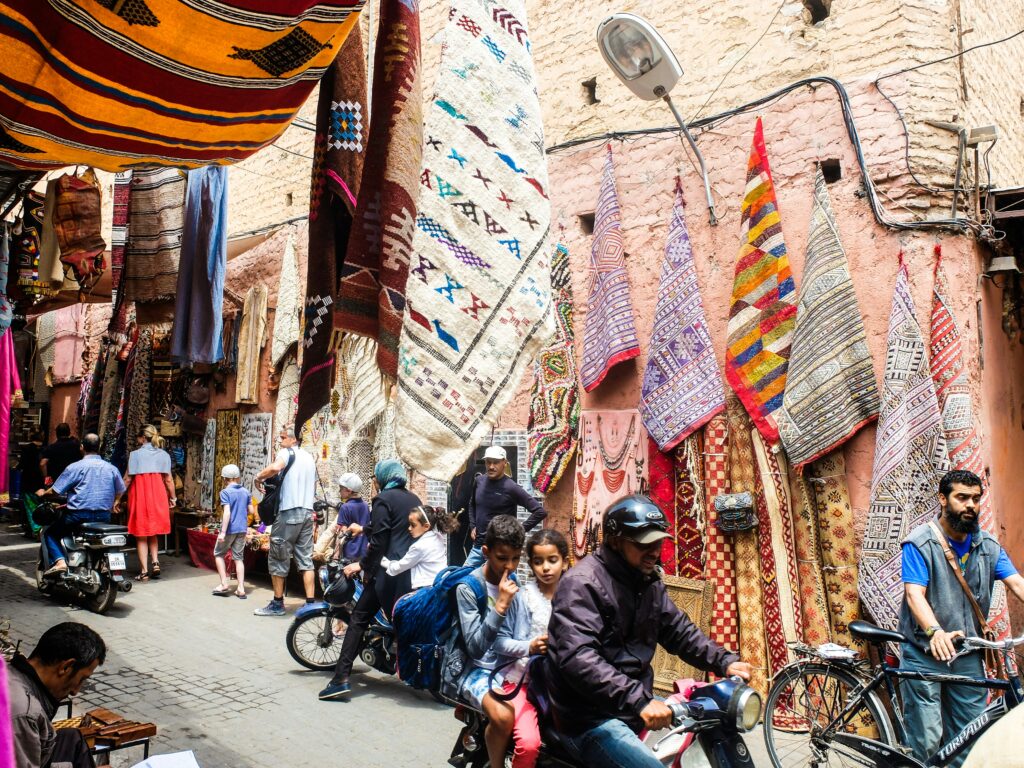
The Marrakesh International Film Festival also contributes significantly to Morocco’s economy. The influx of international visitors boosts local businesses, from hotels and restaurants to artisans and transport services. Moreover, the festival positions Morocco as a global cultural hub, attracting future tourism and investments [4].
On a social level, the festival inspires local filmmakers and artists, creating opportunities for collaborations and creative growth. It also engages the community through free film screenings, ensuring that the magic of cinema is accessible to all.
Conclusion
The Marrakesh International Film Festival continues to cement its status as a premier destination for film lovers and industry professionals. By celebrating the art of cinema and fostering cross-cultural dialogue, it not only entertains but also educates and inspires. As the festival grows, it remains a testament to the power of storytelling and its ability to bridge divides and bring people together.
For anyone who cherishes cinema and seeks a unique cultural experience, the MIFF offers an unforgettable journey into the heart of storytelling.



